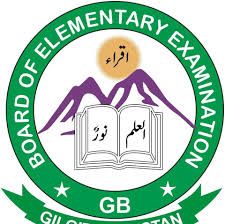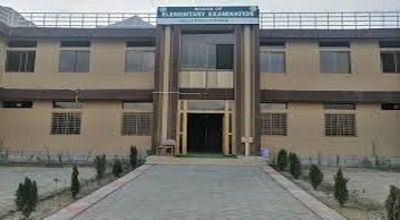Board of Elementary Education Gilgit Baltistan
The Board of Elementary Education Gilgit Baltistan (BEEGB) plays a crucial role in the educational landscape of the region, ensuring quality elementary education and promoting educational initiatives. This overview provides a comprehensive look at its structure, functions, initiatives, challenges, and prospects.
1. Introduction to BEEGB
The Board of Elementary Education Gilgit Baltistan (BEEGB) was established to oversee elementary education standards and practices in the region. It operates under the jurisdiction of the Gilgit Baltistan government and is responsible for the administration of primary and middle school education.
2Historical Background
BEEGB was established in [year of establishment], following the need for a centralized body to monitor and improve elementary education across Gilgit Baltistan. Initially, its mandate was limited, but over the years, it has expanded its role and responsibilities.
Organizational Structure
Governing Body
- BEEGB is governed by a board comprising education experts, government officials, and community representatives.
Administrative Setup
- The board is headed by a Chairman appointed by the government, with divisions for curriculum development, examination, and administration.
Regional Offices
- BEEGB has regional offices across Gilgit Baltistan to ensure localized administration and support for schools.

Functions and Responsibilities
Curriculum Development
- BEEGB designs and updates curricula for elementary education, aligning with national educational goals and regional needs.
Examination and Assessment
- Conducting standardized assessments and examinations to evaluate student learning outcomes and school performance.
Teacher Training
- Initiatives to enhance teacher skills and professionalism through workshops, seminars, and certification programs.
School Accreditation
- Accrediting elementary schools based on predefined standards of infrastructure, teaching quality, and student performance.
Initiatives and Programs
Literacy Programs
- Initiatives aimed at improving literacy rates among children in remote and underserved areas.
Technology Integration
- Introducing technology in classrooms to enhance learning experiences and access to educational resources.
Community Engagement
- Collaborative programs involving local communities to support and strengthen elementary education initiatives.
Challenges Faced
Infrastructure
- Insufficient infrastructure in remote areas, hinders the effective delivery of educational services.
Teacher Shortage
- Lack of qualified teachers, especially in specialized subjects and rural areas.
Socioeconomic Factors
- Economic disparities impact access to education, particularly for marginalized communities.
Achievements and Impact
Improved Literacy Rates
- Measurable improvements in literacy rates among elementary school children.
Enhanced School Enrollment
- Increased enrollment rates, reflecting improved accessibility and community involvement.
Recognition and Awards
- National and international recognition for innovative educational practices and achievements.
Future Directions
Expansion of Programs
- Scaling up successful initiatives to cover more schools and reach more children.
Partnerships and Collaboration
- Strengthening partnerships with NGOs, international organizations, and the private sector for sustainable development.
Policy Advocacy
- Advocating for policies that promote inclusive and equitable elementary education.
Conclusion
The Board of Elementary Education Gilgit Baltistan (BEEGB) plays a pivotal role in shaping the educational landscape of Gilgit Baltistan, focusing on improving elementary education standards, enhancing teacher quality, and fostering community involvement. Despite challenges, BEEGB’s commitment to educational excellence and innovation promises a brighter future for the region’s children.
In summary, BEEGB continues to evolve as a cornerstone of educational development in Gilgit Baltistan, striving towards a future where every child has access to quality elementary education, paving the way for their academic and personal success.
